Winter is coming. And with it, the cold weather can sometimes affect our internet connection. Do you ever wonder if the chilly temps outside are causing problems with your online activity? Wonder no more! In this epic guide, we’ll answer all of your questions about cold weather and internet connection. We’ll cover everything from how to tell if your connection is being affected to what you can do to fix it. So whether you’re a business owner who needs to stay connected during winter storms or just someone who wants to be prepared, read on for information that will help you keep your online life running smoothly during the colder months!
Table of Contents
Can the Weather Affect Internet Connection?
In modern day life, having an uninterrupted internet connection is essential for personal and professional reasons. People use the internet to access information, communicate with others, purchase goods and services, and much more. For many people, their job or business also relies heavily on an uninterrupted connection. In short, a reliable internet connection can make or break day-to-day productivity in both work and leisure activities.
But what happens when cold weather comes into play? Can the temperature of your environment have any effect on your internet connection? The answer is not really – temperature is one of the less significant factors that could affect your connection.
The cold weather itself won’t cause an immediate disconnection from the internet; however, there are indirect effects that can affect your connection. The exact way how cold weather can affect your internet connection depends on the type of network or service you are using and the weather conditions in your area.
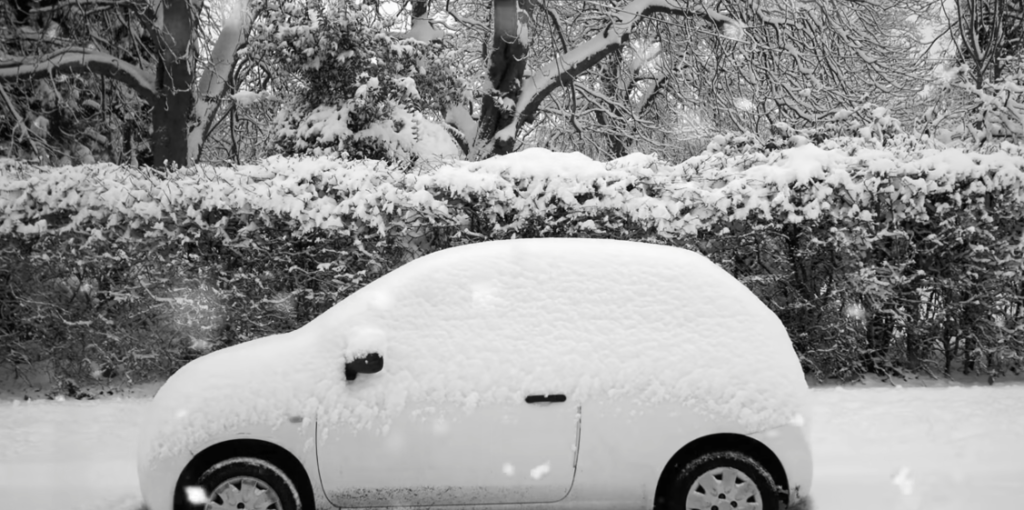
First we will cover different types of weather and answer how it can affect your connection in general, then we will discuss different types of connection and how weather can affect them. [1], [2]
Effects of Snow on Your Internet Connection
When it comes to wired internet connections, snow is generally not an issue. So, if you have a DSL or cable connection and live in an area where there’s lots of snow, you shouldn’t worry about your connection speed or quality being affected.
Wireless internet connections, however, are another story. Since wireless signals travel through the air, they can be disrupted by snow or cold temperatures in a few different ways.
First, snow and air particles can also contribute to the development of rain fade, which we already discussed. This can cause your connection speed to slow down, and you may even experience brief periods of disconnection from time to time.
Second, the buildup of snow on antennas or satellite dishes can affect the connection. If you’re using a wireless antenna to connect to the internet, it’s important to keep an eye on the amount of snow buildup and take steps to clear it off regularly.
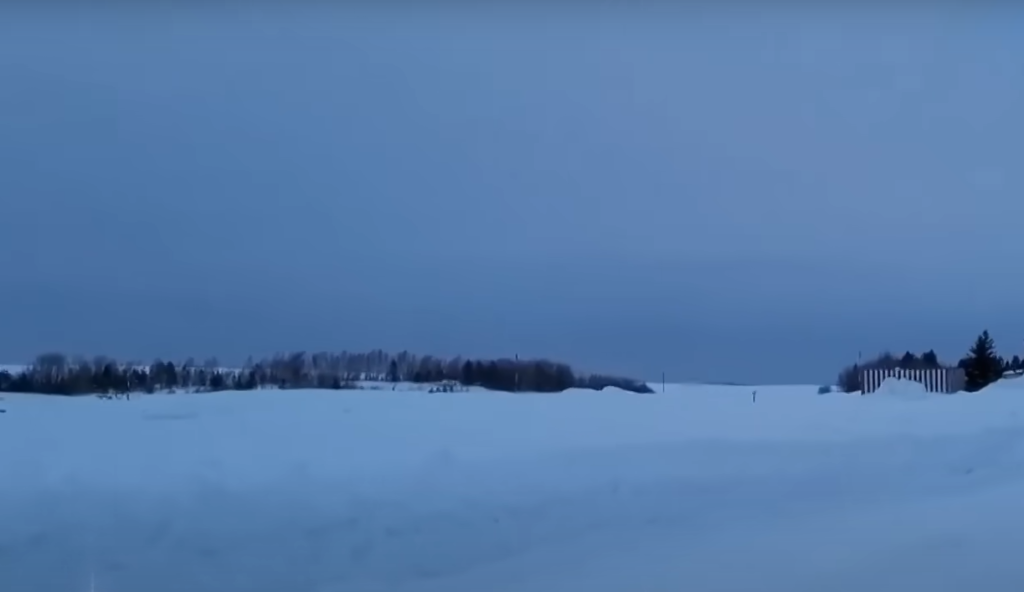
To avoid this issue, you may consider installing a cover or a protective casing over the antenna that can help keep snow away. This will ensure your connection speed is not affected by the weather in any way. [1], [2]
Effects of Wind on Your Internet Connection
Wind is another factor to consider when looking at cold weather and its effects on internet connections. Wind can have an impact on wireless connections as well as fixed line connections.
The main issue with wind is its ability to disrupt the signal between your modem or router and the destination it’s communicating with, resulting in a slower connection speed or even complete disconnection. This happens more often with wireless connections, since they are more exposed to the elements outside.
A strong gust of wind can cause interference as it passes through the antennae of your modem or router and weaken the signal being transmitted. This causes either a slowdown in performance or an outright disconnection – making sure that you stay connected while using your internet services is essential whether you’re streaming videos, playing online games, or downloading large files.
In worst cases, wind can actually knock down physical cables and even satellites, putting your in-home network completely offline. This could take a while to fix depending on the extent of damage caused by the wind.
Luckily, there are ways to minimize the effects of wind on your internet connection. One way is to purchase an antenna that’s specifically designed for high winds and can protect your wireless connection from interference or disruption. Additionally, securing cables and wires with weatherproof insulation can help prevent them from being damaged by strong gusts of wind. [1], [2]
Effects of Rain on Your Internet Connection
We shall begin with rain, as it is one of the most common forms of precipitation. Rain can have a direct effect on your internet connection, depending on what type of service you are using. Wireless connections are especially affected since liquids have a broad absorption spectrum and can interfere with the signals.
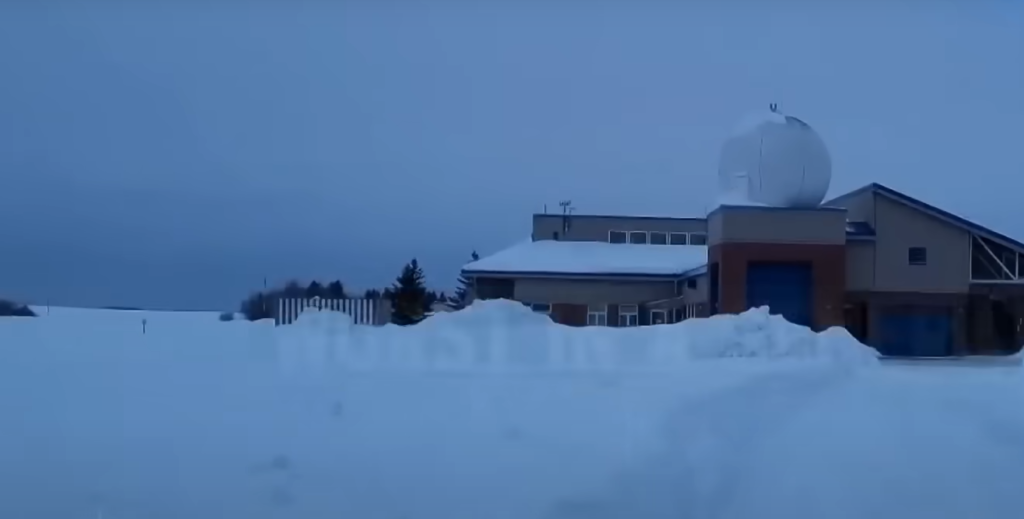
This effect is called a rain fade and is caused by the strong absorption of radio waves by falling rain droplets.
Even technologies such as 5G aren’t immune to rain fade. The good news is that most service providers have redundancies built in their networks to make sure there’s still a signal available after any kind of interruption caused by the weather.
On the other hand, cable internet connections are not affected much by rain as long as they are properly shielded from moisture and electrical interference. [1], [2]
Effects of Storms on Your Internet Connection
Another factor that can affect internet connections during cold weather are storms. Storms, especially intense thunderstorms, can wreak havoc on an already fragile network connection. During a storm, lightning strikes can cause electrical surges that damage equipment and disrupt service.
Power outages are the most common issue during storms, as lightning strikes can overload power grids and cause them to shut down. This is especially problematic for those who rely on a wired connection since the modem or router needs power in order to work properly. In cases like this, it’s best to have a backup source of power such as a battery or generator.
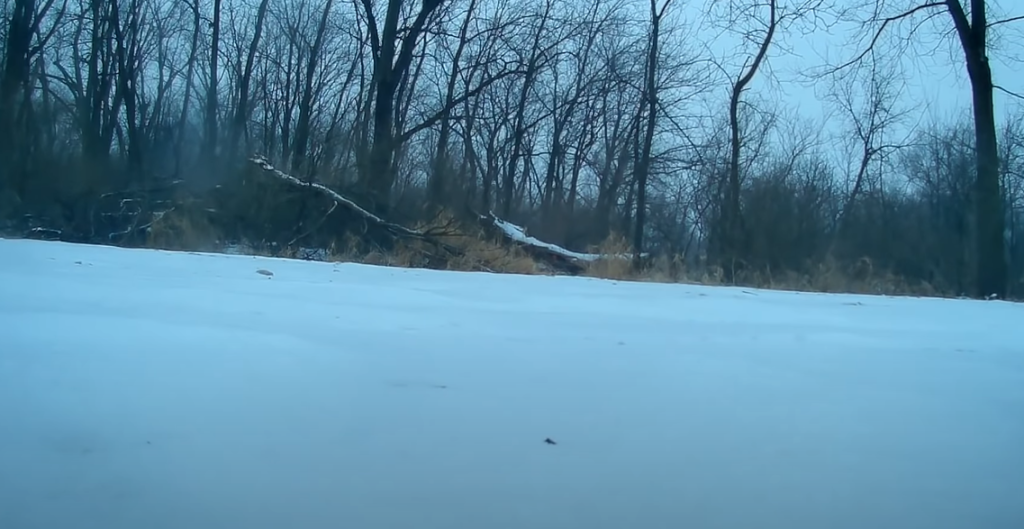
DSL internet however can withstand storms better since it transmits signal via copper wire, which is not as susceptible to electrical surges. Cable internet on the other hand relies on coaxial cable and can be disrupted more easily due to lightning strikes. [1]
Effects of Heat on Your Internet Connection
When it comes to extreme weather conditions, both heat and cold can have an impact on your internet connection. While temperatures are not usually a major concern for most people when connecting to the internet, there are certain locations where extreme temperatures can cause disruptions in service.
Furthermore, high temperatures can also cause signal interference that disrupts data transmissions over the internet.
Outdoor equipment however, is much harder to protect from extreme heat. When temperatures become too high, the equipment may go into a thermal shutdown. This is the case even with wireless terminals like Starlink.
To combat overheating of your indoor equipment, you move it to another location or use air conditioning units to keep the temperature in your home at a comfortable level. You may also want to consider investing in outdoor-rated equipment that is designed to withstand high temperatures. However it’s important to note that thermal shutdown is done in order to protect the equipment, so it is best to take the appropriate steps in order to keep your internet connection running smoothly during hot weather conditions. [1]
How Weather Can Impact Your Connection Type
Now that you know that sometimes weather can be to blame for a slow connection, let’s take a closer look at how different types of networks are affected by the weather.
DSL
DSL connections are incredibly resistant to weather conditions, due to the fact that they use physical wires laid into the ground. However, power outages caused by poor weather can have an impact on DSL connections. If you live in a particularly stormy place, it’s worth checking the local power lines to ensure they are properly insulated and protected from potential damage.
Wi-Fi
When it comes to Wi-Fi, the heat is the main culprit for bad connections. Cold weather does not typically have a negative impact on Wi-Fi, but hot weather can be an issue. When the temperature rises, Wi-Fi networks are more likely to suffer from interference and decreased bandwidth. The best way to ensure good Wi-Fi performance is by keeping your router away from direct sunlight and other heat sources.
Satellite
Satellite internet is often the most vulnerable to weather-related issues, since it relies on direct transmission from a satellite in space. Rain or snow can interfere with these transmissions, slowing your connection speeds or even cutting them off entirely. In some cases, you may need to wait for the clouds to clear before reconnecting.
Snow buildup is one of the more serious problems for satellite internet. If enough snow accumulates on the dish, it can act as a barrier to the signal, preventing it from reaching your modem and router. To avoid this issue, you should keep your equipment clear of any debris or snow buildup during cold weather months.
High winds too can disrupt satellite internet connections, as the satellites that send signals to your connection can be blown off course. This can result in spotty or interrupted service, although you may experience improved speed when the wind dies down.
5G
5G is the newest type of network available and certainly the fastest. It’s much faster than 3G or 4G networks in terms of speeds, but it isn’t immune to weather conditions like rain, snow, wind and cold. In fact, rain and snow can actually attenuate the signal and reduce the speeds of a 5G connection. Wind may also affect 5G connections, by disrupting transmission between the base station and the antenna. [1]
How to Know the Weather is the One to Blame?
Of course, if you experience internet problems during cold weather it is not always easy to determine whether or not the weather is to blame. There could be a number of different factors contributing to the issue, so it is important to do some troubleshooting in order to narrow down the potential causes.
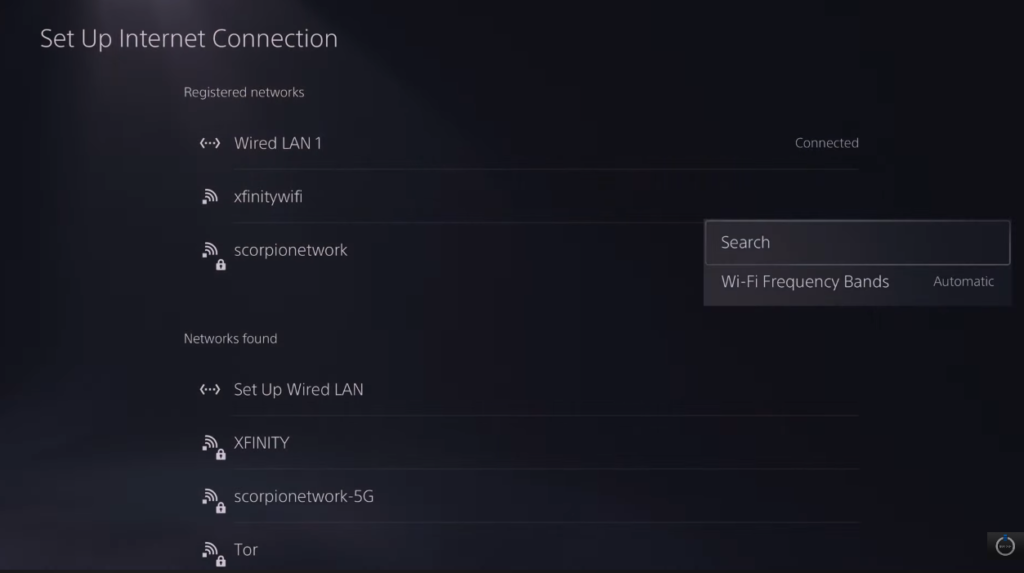
Check for the power outages
The first step in determining if weather is causing your internet problems is to check your power supply. If there has been a power outage in your area, it could be the cause of your internet issues. Check with your power company or local news outlets to see if there have been any reported outages.
Check for faulty equipment
Next, it’s important to check for faulty equipment. Cold temperatures rarely can cause indoor equipment such as routers and modems to malfunction, so usually the reason is something else.
Contact your internet provider
If none of these steps resolve your internet problems, then it is best to contact your Internet Service Provider (ISP). They will be able to investigate the issue further and determine whether or not weather could be causing your internet connection issues. [1], [2]
FAQ
What weather affects Wi-Fi?
Rain and snow aren’t the only forms of weather that can affect your Wi-Fi. In cold weather, cable signals can be affected by temperature and humidity. Rain and snow can cause something called rain fade, which is when water molecules absorb the radio frequency energy of the signal, making it weaker and harder to detect.
Does cold weather cause the internet to go out?
The short answer is no, cold weather does not cause the internet to go out. While severe winter storms can disrupt an area’s power grid and electricity, direct cold temperatures will not impair your internet connection.
However, if you experience slowdowns during the winter months, they may be a result of increased usage from people staying indoors and relying more heavily on their home networks. Additionally, the build-up of snow and ice can cause obstructions that may disrupt the signal from your router to your device.
To deal with it, we recommend cleaning your satellite dish from snow, installing a more reliable router with strong signal strength, and checking your connections for any damage.
Does temperature affect Wi-Fi signals?
No, temperature does not affect the Wi-Fi signals by itself. However, other factors like snow, wind, and humidity can interfere with the strength of Wi-Fi signals. Snow on your antenna or satellite dish, for example, can block your signal and make it weaker than usual. Similarly, high winds can cause the signal to break up and become unreliable.
Is the internet slower in the winter?
The temperature itself has little effect on internet speed, however there are a few other factors that can make the internet slower in winter months. Snow and ice can interfere with satellite dishes, which can slow down connections. In addition, increased demand during winter months could cause a smaller internet service provider to experience slower speeds as they’re unable to handle the influx of users. Finally, outdated equipment or cables that are not well insulated can cause connection issues in cold weather.
Useful Video: How Does Weather Impact Fixed Wireless Internet?
Conclusion
Nearly everything relies on the internet today, from banking to entertainment. If a connection is lost or unreliable, it can be incredibly frustrating — especially if the cause of that instability could be something as simple as cold weather.
Although cold temperatures don’t affect the internet speed on their own, they can have influence over the hardware and infrastructure that make up an internet connection. Snow or rain can make it harder for electronic signals to reach their destination, and winds can cause cables to malfunction or even break.
Thankfully, most of these issues can be easily prevented with the right preparation. By using weatherproof cable jackets, burying cables underground, and investing in quality routers, anyone living in a cold climate can have access to smooth, reliable internet connections all year round.
Wireless connections can also be affected by cold weather, as snow can cause rain fade and increase latency. To reduce the effects of these problems, it’s recommended to keep antennas and routers away from large masses of snow and ice.
Ultimately, cold weather can indeed have an effect on internet connections — but with a few precautions and the right equipment, this impact can be minimized or avoided entirely. With the right planning in place, you can ensure that your internet connection is as reliable as ever, even during cold winter months!
References
- https://www.highspeedinternet.com/resources/does-weather-impact-internet-connection-speeds
- https://www.worldline.ca/blog/is-winter-weather-affecting-your-internet-connection/

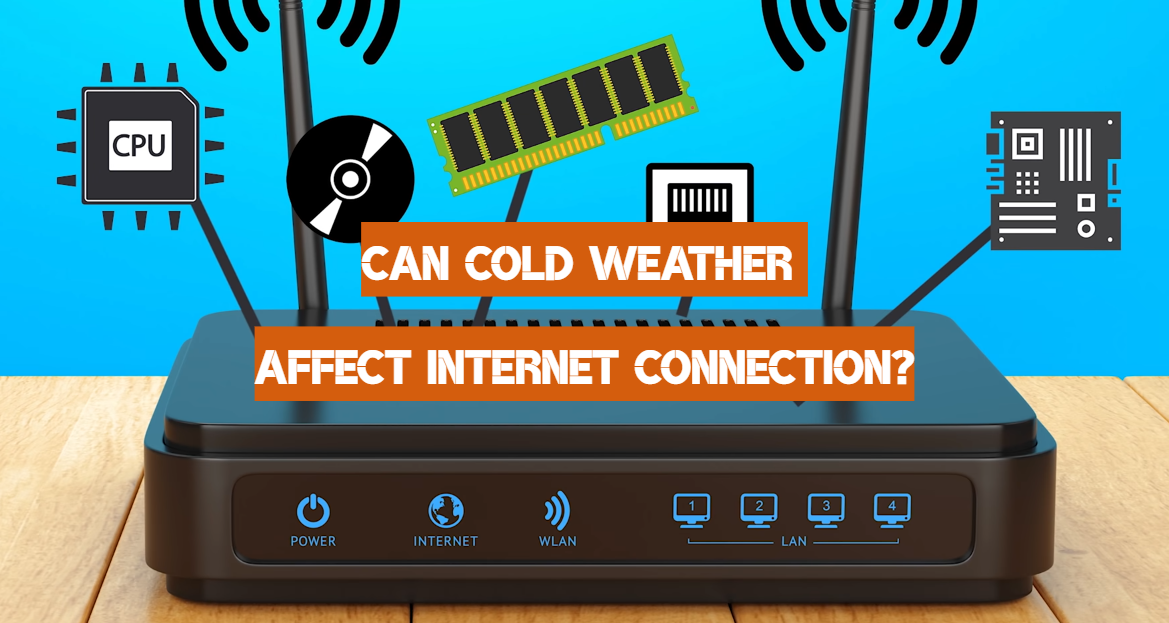
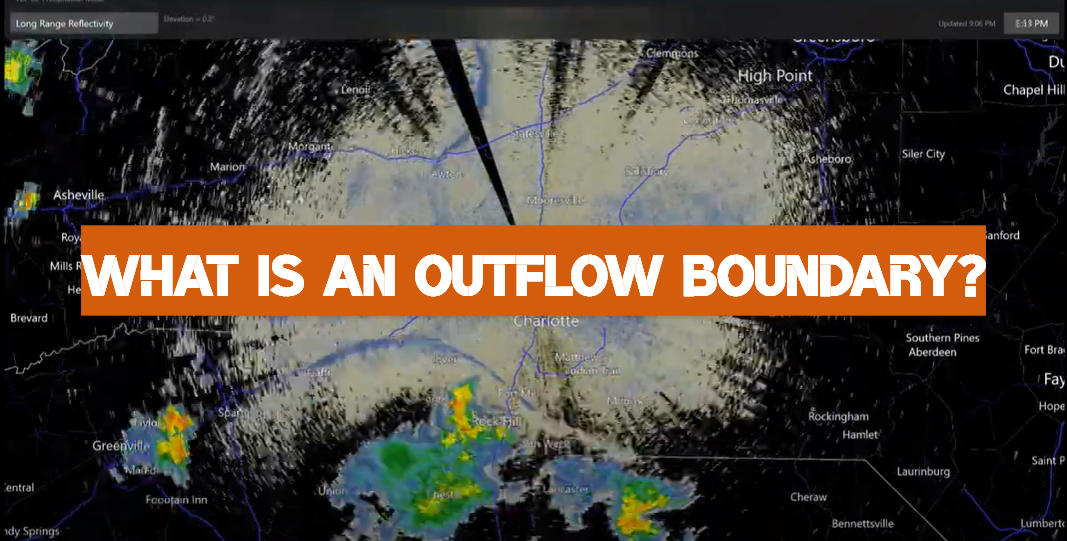

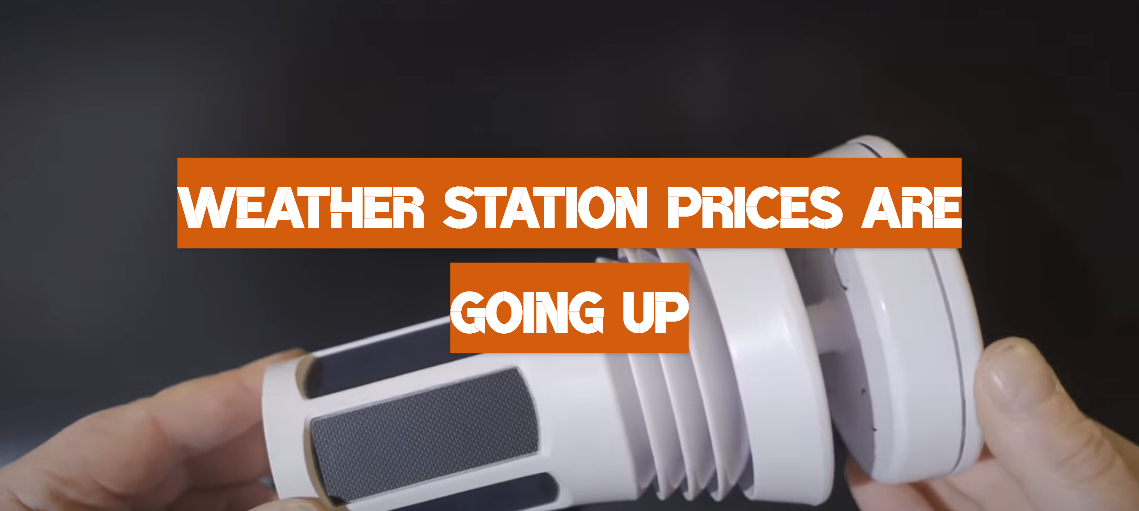
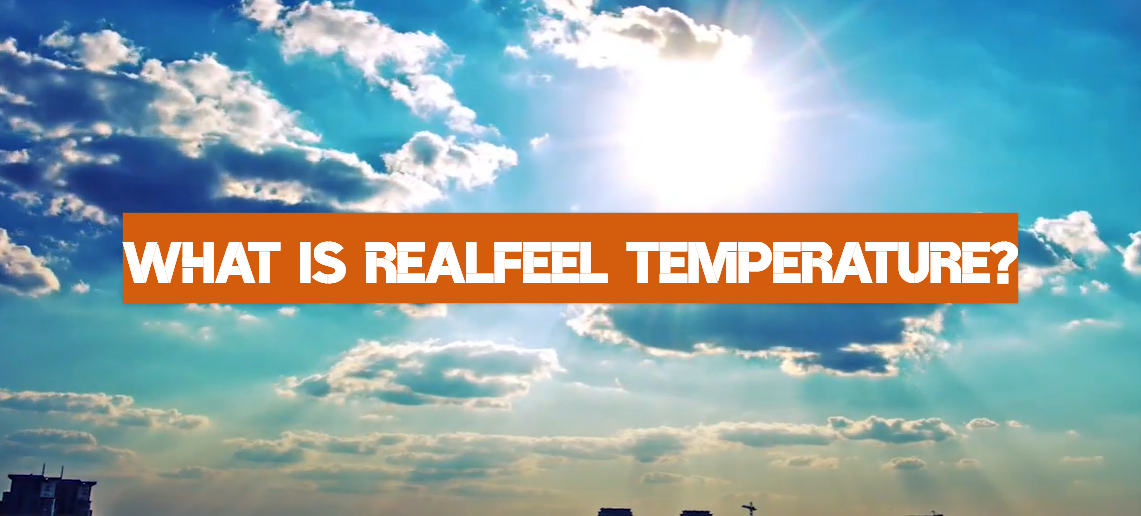
Leave a Reply